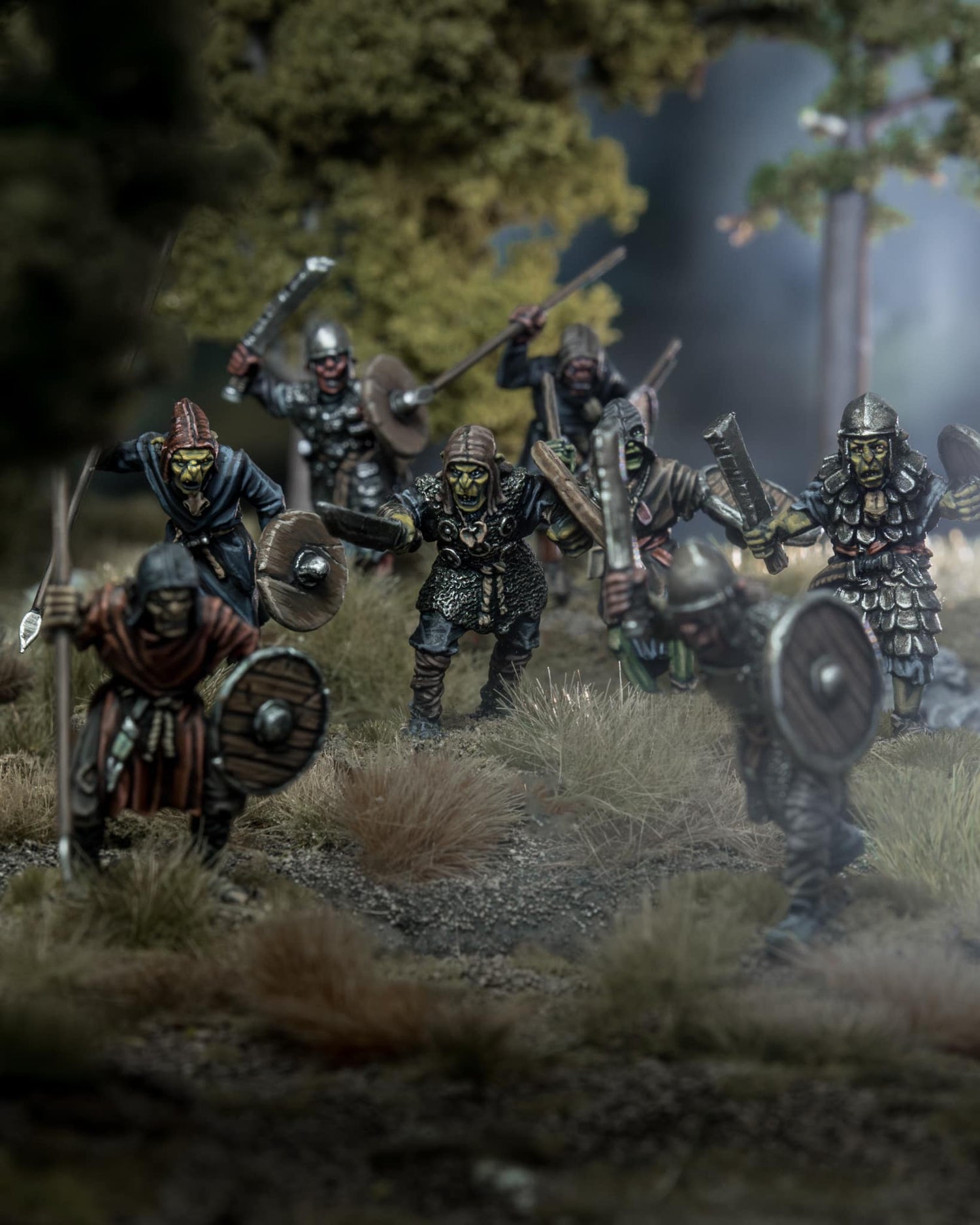
Hobday & Hicks is now closed ahead of our move to www.warhost.online
We’ll be reopening there shortly (if we haven’t already gone live).
If you’ve placed an order with us, rest assured, everything is fine, and your items will be shipped as expected.
If you have any questions, please don’t hesitate to contact me, Andy Hobday, at andy@warhost.online. The Barons' War FAQ will be available when the new website opens.
